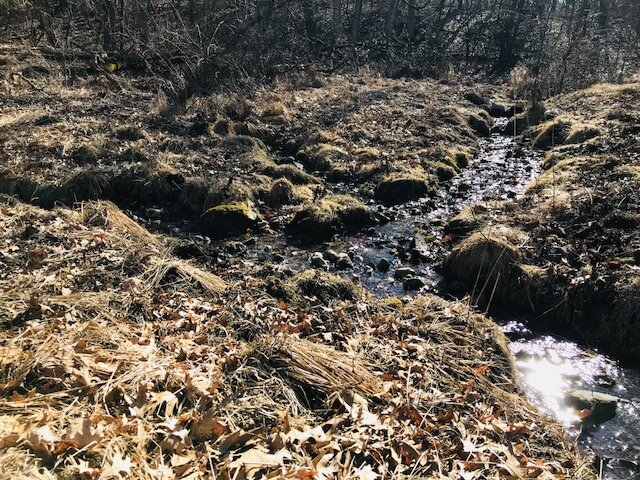On Not Knowing…
By Cara Chang Mutert
Even when we try to supress it, from every pore in our bodies, we ooze who we are. Artists express what they feel. Musicians play what they ache. Writers write what we struggle to say. Teachers teach what we need to learn. Yogis breathe what we need to purge.
As humans we share common struggles, but ultimately, we continually find ourselves in search of security, stability and answers to the unknown. Questions of why? What’s next? How will it work out? The unanswerable remains life’s ongoing question.
All day long we busy ourselves with ways we think will ensure the vision we have created in our minds, for ourselves, for our families, for the community, for the world. Yet in the end, as we all know, we only play a small role in controlling what really will happen.
If only we had a crystal ball. If only the proverbial genie could grant us 3 wishes that could guarantee that everything would be fine, that we will be fine, and those that we love will be fine! To end the suffering (dukkha) of trying to predict the unpredictable and control the uncontrollable, humans unlike any other species, rely on faith (shraddha). Whether it’s in the form of religion, God or believing in something larger than ourselves for support, when life throws us a serious unexpected curve ball, most of us turn to it unconsciously, in whatever form resonates most closely with us.
Having this sense of trust can provide some relief, and remembering that most things do in fact work out can help assure us. And even when it doesn’t work out, the fact that we usually learn something from it provides some comfort.
For me, and as yoga teaches us, I find it helpful to constantly remind myself to notice my thoughts and feelings instead of letting them become me. To maintain some semblance of mental stability when life goes awry, I try to remind myself to try to pause and recognize how I’m feeling before momentum takes over.
So whether you’re plunging into a dark hole of depression, revving up toward a jittery suffocating anxiety attack, or a launching into a fiery angry rage, notice when it’s coming on. While it does take practice and consistent awareness to recognize our own reactionary patterns (samskaras), simple breathwork or a 5-minute meditation can create the pause you need, before the emotions and worst-case scenario imaginings swirl into a tornado of exaggerated negative possibilities.
Even more grounding and tangible is the great example nature continually provides us to lean on. Visualizing small tree seedlings that unearth themselves through the charred ground after devastating forest fires, the first crocuses that peak through the barely thawed ground after a long frozen winter, the majestic mountains still standing after millions of years of storms and droughts, even the defiant weed that miraculously finds a place to grow in a field of concrete parking lots; poignant and endless illustrations of nature’s resilience are literally just outside our door.
Learning to find a sense of contentment (santosha) in the uncomfortable place of not knowing seems to be the eternal question of human existence. Tuning into ourselves allows us to see what we’re feeling more accurately. Stepping outside of ourselves allows us to see what is more clearly. It’s what we practice in yoga. Understanding where we are, learning to be ok with where we are and recognizing that we cannot change who we are or what will happen, but we can accept it, learn from it, be grateful for it, and find peace in whatever the crystal ball may reveal.
